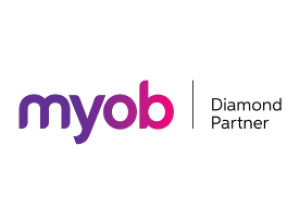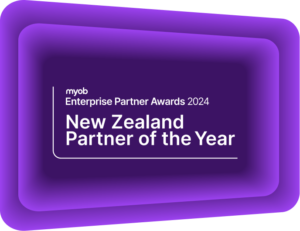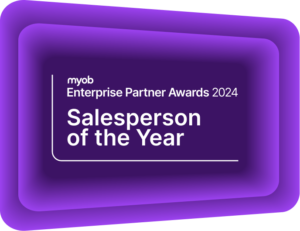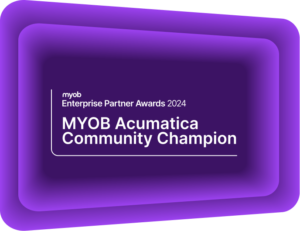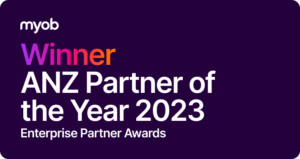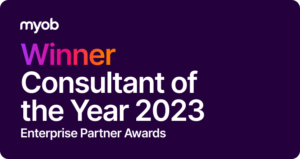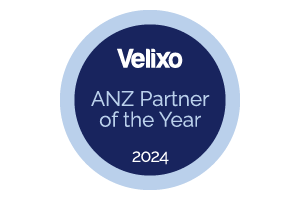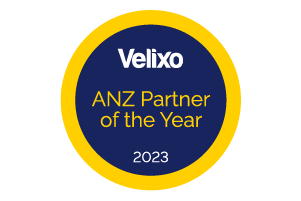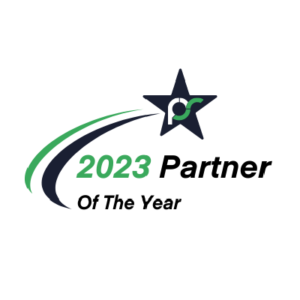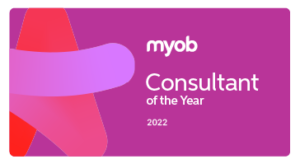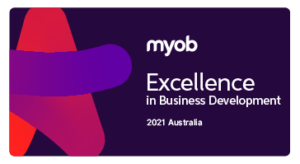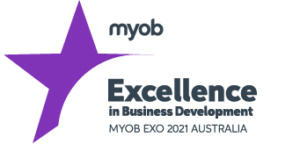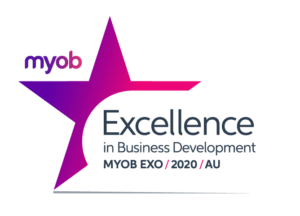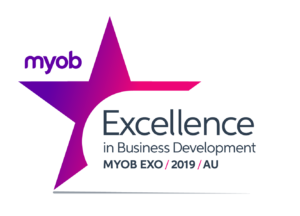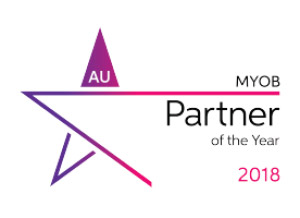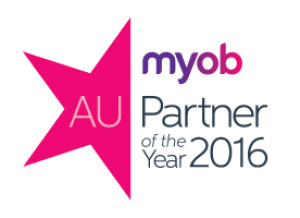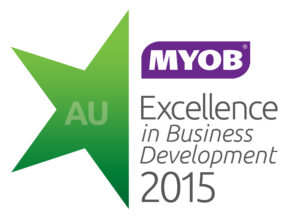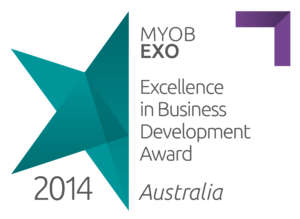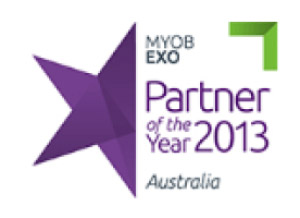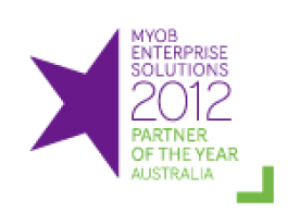Enterprise ERP Modules for every business need
Modules make your system truly unique and allow it to drive business success, from financial and project management to HR and CRM.As your organisation grows and becomes more complex, you need more powerful software to support your requirements. This is the role of an Enterprise Resource Planning (ERP) system. The ERP system sits at the core of your operations, acting as a single source of data for your entire organisation. It connects every team, location, and department together so that everyone uses the same information to gain insights for their role.
Advantages of a modular ERP system
Each complex organisation is diverse and unique. So – how do you find an ERP system that can manage all of your processes and workflows? The answer lies in modular architecture. Modules are building blocks of functionality that make up the complete business management solution. They are designed to fit together, seamlessly integrated, so that data flows between them in real-time. Instead of managing your business through a disconnected suite of individual products, a modular system allows you to connect everything within a single source of truth.
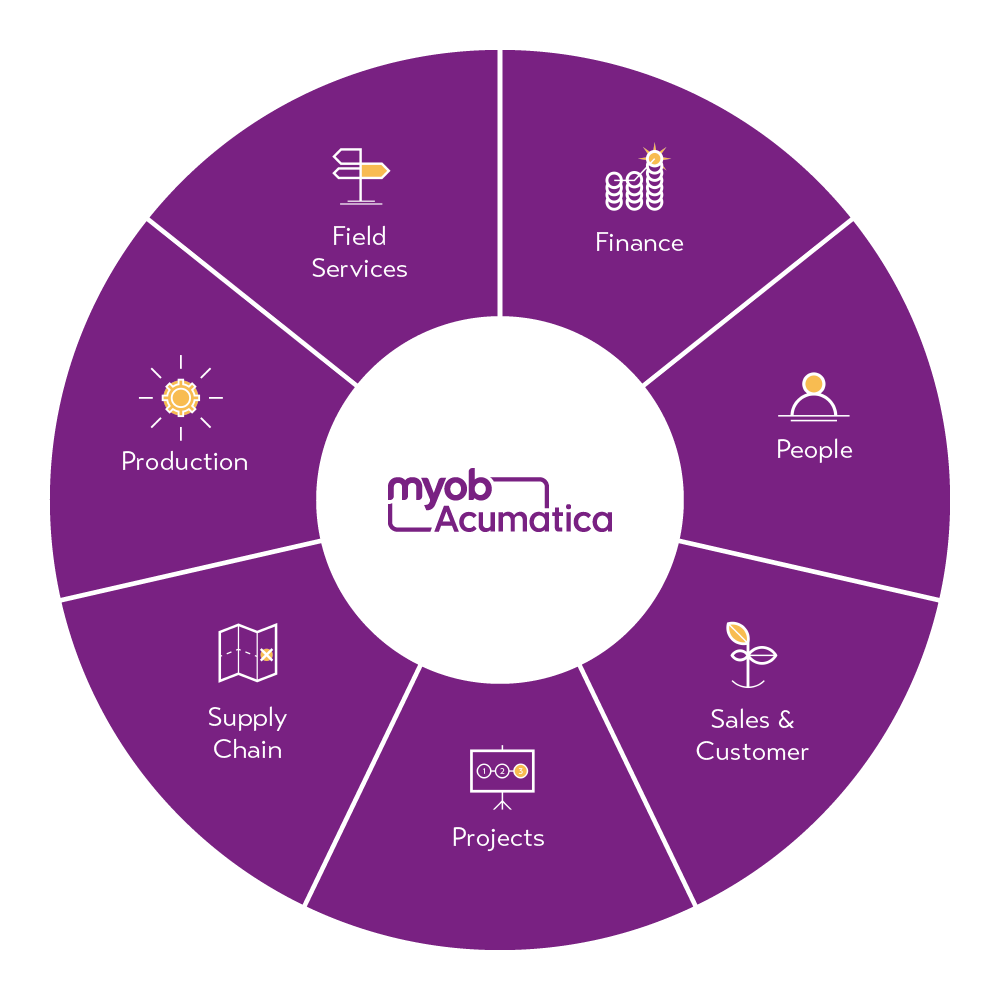
Modular systems also allow cost flexibility as you move into the world of ERP. You only pay for the modules that you use, and you do not need to implement every module. As your organisation continues to grow, supported by the efficiency improvements from your ERP system, you can add more modules to manage additional functionality.
Essential ERP Modules
Some modules are ubiquitous to what an ERP system is. We believe these modules to be nearly essential for any complex organisation.
Financial Management
Financial Management is seen as the core of an ERP process. For many ERP systems, they are built around core financial processes and functionality. All costs, time, invoices, accounts, and tax requirements revolve around finance.
ERP Financial Management modules have powerful features such as:
- Segmented General Ledgers and customisable subaccounts structure,
- Fixed Asset management,
- Accounts Payable and Accounts Receivables,
- Budgeting and forecasting,
- Cash management and bank feeds,
- Financial reporting and analysis,
- Deferred revenue workflows and automation,
- Tax management with local compliance like GST and BAS reporting,
- Multi-currency management,
- Intercompany reconciliations and accounting requirements.

MYOB Acumatica Financial Management eBook
Download nowHuman Resources (HR) Management
At Kilimanjaro Consulting, we believe that our people are our greatest asset. Every organisation, no matter how complex, has team members to manage, pay runs to process, and other workforce-related compliance requirements to stay on top of. An integrated human resources, payroll, and cloud workforce management module is a necessity for streamlined team management. Integrating payroll software and pay runs into your core financial solution is a significant time-save when it comes to maintaining an accurate chart of accounts.
HR and Payroll Management modules have features such as:
- Detailed employee records, with security for sensitive information and the ability for team members to edit their own information,
- Pay runs for team members based on multiple groups and pay-timing requirements,
- Up-to-date tax engine to ensure long-term compliance with tax rates and thresholds
- Single Touch Payroll (STP) compliant in Australia,
- Leave management functionality to support both team members and managers,
- End of Year functions to streamline EOFY processes,
- Automated onboarding workflows to streamline the recruitment process,
- Detailed reporting (especially alongside the Finance module) so you can clearly see the impact of your team.

MYOB Acumatica Payroll A cloud payroll and workforce management solution for bigger business Brochure
Download nowCustomer Relationship Management (CRM)
Every organisation also has clients or customers. They are largely your source of revenue and need special attention to ensure long-term loyalty and satisfaction. CRM systems help nurture your prospects through the sales pipeline and help you build strong relationships after they purchase. CRM modules play a part in service management, case management, and client satisfaction.
CRM modules have features such as:
- A detailed customer database
- Lead and opportunity management,
- Marketing automation to support campaigns and email marketing,
- Contact details and history,
- Ability to build and log cases against specific contacts and accounts.

MYOB Acumatica Customer Management eBook
Download nowModules for more complex organisations
While most, if not all, organisations will benefit from the essential ERP modules, the strength of configurable, modular systems is that they can be arranged and customised to fit your unique requirements. These modules are more specific in what they can accomplish and may not fit into every organisation. However, the organisations that rely on these modules for their operations will find them to be absolutely essential.
Supply Chain Management
Supply chain modules include inventory and warehouse management. It is everything you need to take control of stock and manage your supply chain, from procurement through to sales and distribution. This module helps your team quickly find the right item at the right time, streamlining the sales and distribution process.
Supply Chain Management modules have features such as:
- Multiple valuation methods, including FIFO and LIFO methods,
- Create Sales Orders with real-time stock quantities and customer-specific pricing,
- Ability to manage stock across multiple countries, locations, and bins from a single source of truth in real-time,
- Ability to raise Purchase Orders (PO), including automated POs based on demand forecasts or preconfigured reorder points,
- Support for barcoding, scan-in and scan-out warehouse management,
- Inventory matrices to handle categories such as size, colour etc.

MYOB Acumatica Inventory and Distribution eBook
Download nowProject Management
Project management relies on tracking budgets and schedules, allocating hours and resources spent, and communicating with the client. Perhaps more than other modules, projects rely on capturing financial and non-financial information from across your organisation. You must be up to date with finance and billing, payroll and individual working hours, and client communication.
An integrated project management module should have such features as:
- Project billing, with posting to journals in the finance module and flexible rules,
- Budgeting and the ability to match project costs to the budget in real-time and forecast ahead to the end of the project,
- Retention accounting – especially for larger and more complex projects,
- Automated and personalised customer communications based on project stages,
- Time and expense tracking for your team and other resources working on the project,
- Allocation rules to automate payroll allocations to the right project.

MYOB Acumatica Project Accounting eBook
Download nowBusiness Intelligence and Analytics
Real-time analytics from across your organisation allows you and your team better understand the Key Performance Indicators (KPIs) that drive cash flow, efficiency, and profitability. When you have the right data at your fingertips, you are in the best possible position to make the decisions that guide your team and organisation now and into the future.
Business intelligence and analytics modules typically have the following features:
- A real-time picture of all data across your organisation
- Customisable dashboards and reports that are specific to each user’s login
- Ability to monitor and track KPIs
Compliance and Risk Management
As your organisation grows and becomes increasingly complex, so do your compliance requirements. Failing to comply carries significant risks for modern organisations. Manually keeping track of these requirements only exacerbates this risk. By including sets of features to check compliance against local requirements, compliance modules help to counteract the risk of managing compliance manually. This may include Single Touch Payroll (STP), GST and BAS reporting, industry-specific requirements and more.
Compliance and risk management modules have features to support:
- Regulatory compliance management,
- Risk assessment and mitigation,
- Audit trails and reporting,
- Document management collection, management, and storage – even against specific projects or customers.
Integration and Interoperability
Integrations and interoperability are key factors in maintaining a modular ERP system. Without integration, the different modules may as well be independent software systems. The modular design facilitates easy integration between each module – as if you are using one platform to manage your entire organisation. Many organisations will rely on the integration between these different modules. The real-time data flow between each department of your organisation is essential to efficient operations.
Customisation and Scalability
Modular systems are inherently customisable and scalable. Your organisation’s combination of modules lets you customise the entire platform to meet your needs. As you grow and change, you can add more modules to your system and find immediate benefit from the integration. You should look to stay sharp and improve what has worked in the past.
The modules you choose to implement, custom reports, and even integrated best-of-breed services are all options for improving your efficiency with a bespoke solution. They can also be modified to directly suit your needs. Including extra modules in your system is a cost-effective way to improve, modernise, and extract more value out of your software investment. With any new, integrated module, your General Ledger remains up to date making your team more efficient and removing the need for manual data re-entry.
Choose the right modular ERP system
A Business Management Platform is a more comprehensive solution that not only includes ERP functionality but also offers additional capabilities such as customer relationship management (CRM), e-commerce, business intelligence (BI), and other tools that support the overall management and growth of an organisation.
MYOB Acumatica (formerly MYOB Advanced) is a powerful, modular Business Management Platform, built for the cloud and modern, complex organisations. It is natively flexible and customisable with building blocks to address the 7 major business management capabilities and a range of MYOB Acumatica add-ons.
MYOB Acumatica is a localised version of Acumatica Cloud ERP, with the same features and functionality. The Acumatica Cloud Business Management Platform is the world’s fastest-growing cloud ERP system. It is developed by the Acumatica company, which is headquartered in Washington, USA. MYOB Acumatica is localised to the Australian and New Zealand markets, with local tax and compliance requirements. It is a popular business management platform for larger, more complex organisations across Australia and New Zealand, with a proven history of improving efficiency.
7 business management capabilities of MYOB Acumatica
MYOB Acumatica is designed to manage the 7 core capabilities of modern organisations.
- Finance
- People
- Sales and Customers
- Projects
- Supply Chain
- Production
- Field Services
These capabilities can be managed by a single or combination of modules. In MYOB Acumatica, compliance, risk management, business intelligence, and analytics are built into every module and based on core finance. Users see customised dashboards specific to their role as soon as they sign in. The system supports your compliance requirements with document management, audit trails, and localised functionality.
Take the next steps
MYOB Acumatica is a sophisticated business management platform. It requires a dedicated implementation partner and implementation project to be configured and customised to fit your organisation’s requirements. Choose a trusted, experienced partner for the implementation journey and for ongoing support. Implementation carries its own risks – something that an experienced partner can help you safely navigate.

7 Keys to choosing the right implementation partner Brochure
Download nowKilimanjaro Consulting is the leading MYOB Acumatica implementation partner across Australia and New Zealand. We take a low-risk approach to the implementation, ensuring you get it right the first time. The Kilimanjaro Consulting team are experts in working with larger organisations with multiple companies, complex general ledger and subaccounts structures, and separation of responsibilities that require modular systems to meet their requirements.
Talk to Kilimanjaro Consulting today about how to improve efficiency in your organisation with clever technology. Email sales@kilimanjaro-consulting.com or call 1300 857 464 (AU) or 0800 436 774 (NZ).

